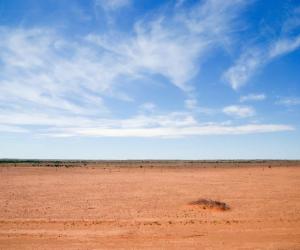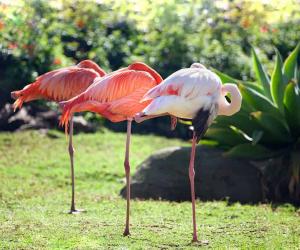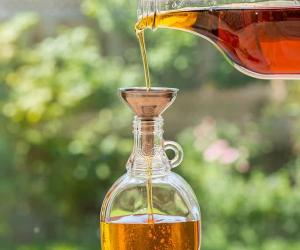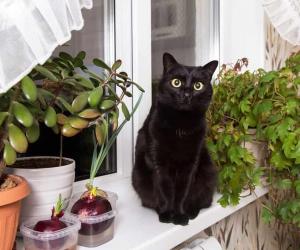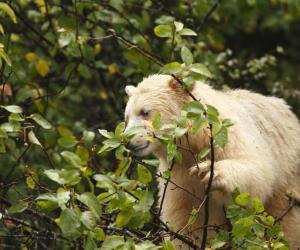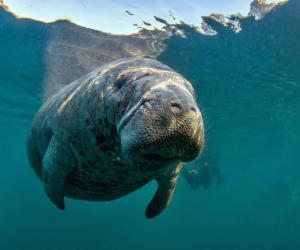Curious Bear Cub Freed After Having Head Stuck in Bird Feeder For Weeks
Bears are at their most vulnerable when they are cubs. And when they are injured, they are more at risk than normal. We saw a young bear cub in Tennessee that was at risk of death for the length of time he was stuck.
Bear Cub Stuck in Tennessee
On Tuesday, October 3, 2023, a bear cub was found in a tree with a plastic bird feeder stuck to its head in . Not only that, but the wildlife experts who assisted with this recovery said that this cub has been stuck since August!
Back on August 14th, this is when the Tennessee Wildlife Resources Agency (TWRA) was alerted to this issue. They had one of their respond immediately to the situation.
”TWRA Black Bear Support Biologist Janelle Musser responded and promptly began a trapping effort,” the agency wrote. “She was able to lure the cub into a trap, but it was unable to trigger it with its mouth due to the container on its head. She moved the trap each time a new sighting was reported, even trying a different style trap with a foot plate trigger but at this point, the mother became trap shy and became difficult to pattern.”
Finally, on October 3rd, the bear cub was spotted again in a tree. This gave the TWRA team an opportunity to dart the bear out of the tree.
“Darting bears in trees is not standard practice and is only done in an emergency. This cub would not be able to continue surviving like this,” said .
The bear is reportedly recovering well at the .
How Many Black Bears Are in Tennessee?
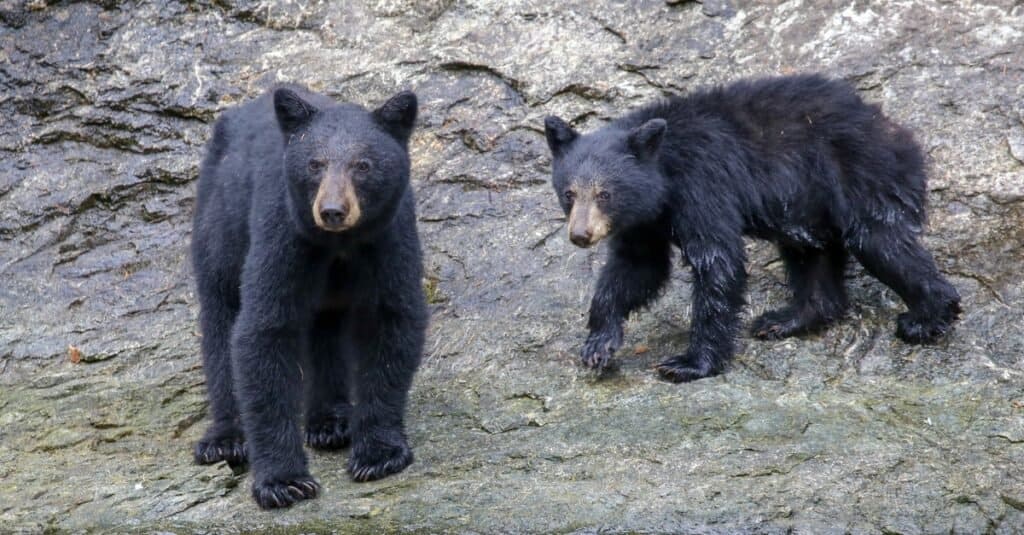
©CSNafzger/Shutterstock.com
The (Ursus americanus) of the genus Ursus can be found all throughout North America. It is estimated that they have a population of 800,000. Their conservation status is considered to be of the least concern.
Of the 800,000 left in their population, there are some in Tennessee. According to the , “A bear that is exhibiting injuries or behavior that would limit its ability to forage, climb trees or escape danger would be considered injured and warrants a call to TWRA.”
Let’s all do our part to look out for animals who are injured and in need of medical care. Especially those who are young animals.
